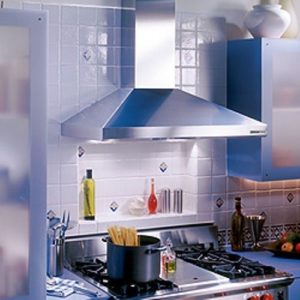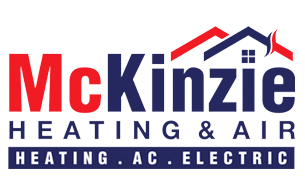How to Remove Excess Humidity from Your Home
Too much humidity can ruin your day. Especially since you can’t always leave it outdoors. That’s right: excess humidity can be like that guest you were planning on having over for a weekend but ends up staying 6 months or longer.
There are lots of ways humidity can build up inside your home, and just as many ways to get rid of excess amounts. First, let’s examine some self-help steps that other home owners have found to be more than a little useful:
- Take cooler showers since hotter water generates more humidity.
- Properly vent your bathroom during and after a bath or shower either via opening doors or a window, an effective exhaust fan, or some combination thereof. Also, vacuum your exhaust fan occasionally to remove dust and dirt that prevent full ventilation.
- Do you have a non-venting range hood? If so, you’re not accomplishing anything by running the exhaust fan while cooking. If your hood can be vented, it should be.
- Keep your air conditioning drain lines and drip pans clean and unobstructed.
- Be on the lookout for hidden water leaks. Telltale signs include black mold build-up on walls or ceilings, puddled water behind your refrigerator, and damp spots on the carpet over your slab basement. Not only do water leaks raise humidity levels, they also create an ideal environment for mold and mildew build-up.
- If possible, store your fire wood outside or in your garage. Freshly cut wood contains large amounts of water that evaporates when brought indoors.
- Keep downspouts and gutters clean. Adjust downspouts so they carry water away from the house so water can’t seep into your garage or basement.
If you have a newer central AC system, chances are you minimal if any indoor humidity issues. But as your system ages, it gradually loses its ability to de-humidify your house. That leaves you with two basic options, both of which McKinzie Heating & Air can assist you with:
- Replace your AC system with a new and more dependable unit
- Or, add a whole-house dehumidifier to your home
The latter is the more economical choice, and one that allow you to adjust indoor relative humidity levels at will so you can feel just as comfortable as you like, all cooling season long. Contact us today for more information or a free in-home estimate so you can compare for yourself: new AC system or whole-house dehumidifier.

